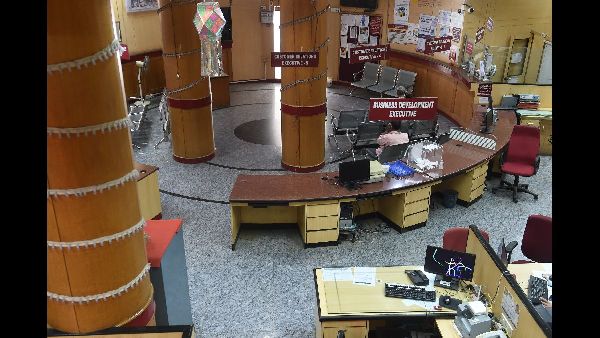Context:
Recently, the Banking Laws (Amendment) Bill 2024 was passed in the Lok Sabha by voice vote after a week-long delay.
About the Amendment Bill
The Bill was introduced in August 2024 and amends several important banking laws to improve operations and modernize regulations. These laws include:
- Reserve Bank of India Act, 1934
- Banking Regulation Act, 1949
- State Bank of India Act, 1955
- Banking Companies (Acquisition and Transfer of Undertakings) Acts, ‘1970’ and ‘1980.’
The proposed Banking Bill aims to enhance governance standards, ensure consistent reporting by banks to the RBI, improve protection for depositors and investors, and raise the quality of audits in public sector banks.
Key Amendments & Provisions of the Bill
Redefining the term “Fortnight” for Cash Reserves:
- The RBI Act requires scheduled banks to maintain cash reserves with the RBI based on an average daily balance over a fortnight (14 days).
- A fortnight is defined as the period from Saturday to the second following Friday, including both days.
Proposed Definition: Now it will be:
- The 1st to the 15th day of each month, or
- The 16th to the last day of each month.
- This change also applies to non-scheduled banks under the Banking Regulation Act.
- Impact: This change affects how banks maintain cash reserves with the RBI.
Tenure of Directors in Co-operative Banks:
- Present Rule: Directors could only serve 8 consecutive years (except its chairman or whole-time director).
- Proposed Rule: Now, they can serve up to 10 consecutive years.
Prohibition on common directors in the case of cooperative banks:
- Present Rule: Directors of one bank couldn’t serve on the board of another (except for RBI-appointed directors).
- Proposed Rule: Directors of central co-operative banks can now serve on the board of state co-operative banks where they are members.
For Substantial Interest in Companies:
- Present Threshold: Substantial interest was defined as holding shares worth more than ₹5 lakh or 10% of a company’s capital, whichever was lower.
- Proposed Threshold: The threshold is raised to ₹2 crore, and the central government may change it later through a notification.
Nomination Rules for Deposits and Lockers:
- Present Rule: Only one nominee could be appointed as a deposit holder.
- Proposed Rule: Now, up to 4 nominees can be appointed.
- For Deposits: Nominees can be chosen simultaneously or one after another, with shares divided accordingly. Successive nominations are allowed, and priority will be based on the nomination order.
Settlement of Unclaimed Amounts:
- Present Rule: According to the State Bank of India Act, and the Banking Companies (Acquisition and Transfer of Undertakings) Acts of 1970 and 1980, unclaimed dividends were transferred to the Investor Education and Protection Fund (IEPF) after 7 years.
Proposed Rule: Now includes:
- Unclaimed shares or unpaid dividends for 7 years.
- Unpaid interest or redemption amounts for bonds for 7 years.
Any person whose shares or unclaimed/unpaid money is transferred to IEPF can claim the transfer or refund.
Auditor’s Remuneration:
- Present Rule: The RBI fixed auditors’ fees in consultation with the government.
- Proposed Rule: Banks can decide the remuneration for their auditors independently.

